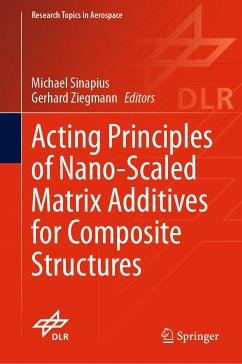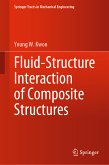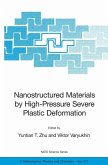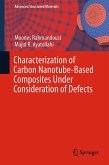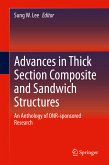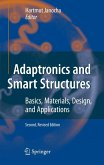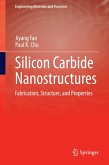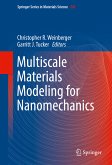The book explores the effect of nanoscale matrix additives along the four levels of material formation, particle-resin interaction, the influence of nanoparticles on the processability of the polymer, the influence of nanoparticles on polymer curing and the influence of nanoparticles on the fiber plastic composite. Fiber-reinforced plastics have a significantly higher lightweight construction potential in components with a primary single- or biaxial stress state compared to isotropic metals. At the same time, their insensitivity to corrosion and their advantageous fatigue properties can help to reduce maintenance costs. Due to their outstanding specific mechanical properties, they are among today's high-performance lightweight construction materials. These properties make them particularly attractive in the field of mobility. However, as soon as the matrix properties dominate the mechanical properties, e.g. in the case of fibre-parallel compressive strength, significant weaknesses become apparent in the mechanical properties. Here, one approach is to significantly increase the matrix properties through nanoscale ceramic additives and at the same time to guarantee the processability of the resin.
Dieser Download kann aus rechtlichen Gründen nur mit Rechnungsadresse in A, B, BG, CY, CZ, D, DK, EW, E, FIN, F, GR, HR, H, IRL, I, LT, L, LR, M, NL, PL, P, R, S, SLO, SK ausgeliefert werden.

